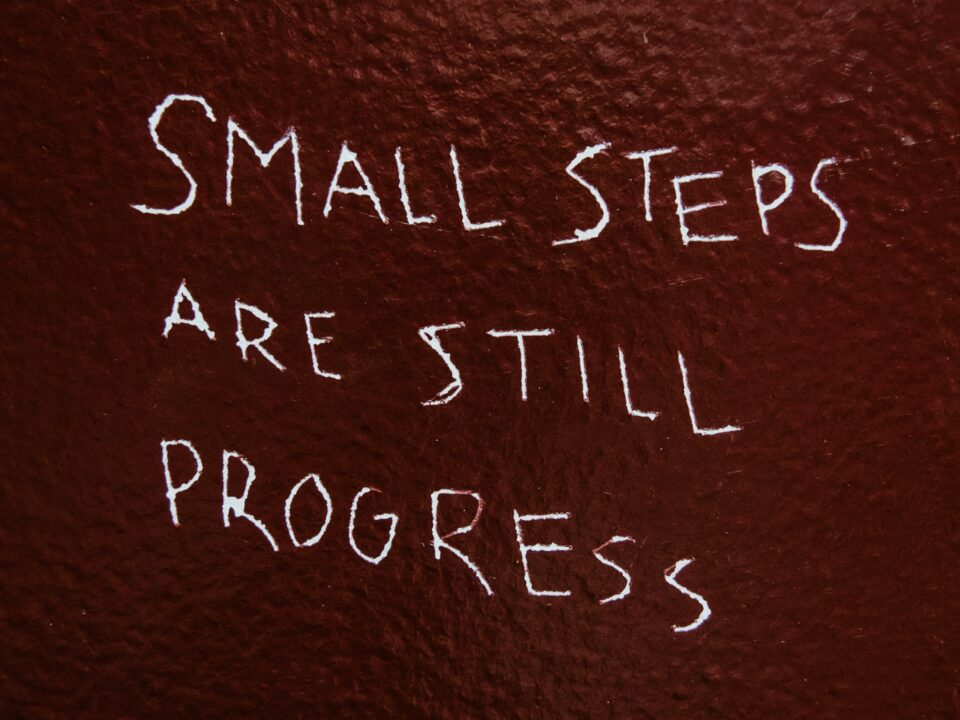
Modern Leadership – the last 40 years
October 12, 2021
Performance Management – how to make it work for everyone
January 19, 2022The pandemic has changed our working practices – perhaps forever. While some people have returned to the office full-time, many are continuing to work entirely from home, with others developing a hybrid arrangement of home and workplace. It’s a period of flux, but it’s also the perfect opportunity to reflect – not least about what we want from leadership.
Sharing expectations
Your organisation’s situation may be different now – the world around it has changed immeasurably. Objectives and goals may have shifted – and it’s also possible that your team has changed, in outlook and maybe in personnel, too. Now is the time to utilise reflective questioning to inform your leadership. Consider setting up an ‘expectations exchange’ with your team to help identify the answers to some key questions.
How have things changed in your organisation?
Your organisation may have a different working pattern; people might be performing new roles. There may be a shift in objectives and emphasis in the organisation’s mission or values. Acknowledging these changes is an important step to working out what’s needed next.
Does my previous leadership style need to change?
Once you’ve recognised the effect the pandemic has had on your organisation, ask yourself if this alters what might be required of leadership. You may need to adapt your style to better support the changes of the last eighteen months.
What do your people need right now?
Changes to the team could mean new demands on your organisation. You could be working with a team who don’t actually know each other – or indeed the organisation – very well. What impact have these changes made on the team –what do they need from leadership as a result? And what do you need from them?
Key themes for leaders to consider
- Communication
Those organic moments of shared communication with colleagues that came naturally when you shared a workspace might not be as frequent if hybrid working arrangements are your norm. Actively enabling communication amongst a team that may be scattered geographically is vital.
- Coaching and development
Similarly, moments of opportunity for spontaneous coaching may now be rarer. Consider remote coaching, or formally schedule in training opportunities. It may be a while since people’s development plans have been updated. Commit to a coaching audit and review what people need from your leadership to support their new working requirements.
- Involvement and inclusion
Out of sight, out of mind? How can you keep people feeling connected to the organisation if they are not in the office full-time?
- Organisational requirements
If the organisation has been reshaped, how can leadership and management support the team in transition from old to new? Have new strategies been communicated effectively to team members? Is everyone on the same page in terms of understanding the business’s objectives and aligning them with their own?
- Teamwork
How are you ensuring that the team is still working effectively across their differing roles, even if they cross over infrequently now? Are you facilitating enough opportunity for collaborative working?
- Humility
Finally, you’re a leader – not a superhero! Building and maintaining an effective team to help you make informed decisions and support your leadership is important, too. You can’t – and shouldn’t be expected to – have all of the answers. The people around you should be a resource, your direct reports included.
Cube Learning and Development delivers bespoke, personal coaching programmes to help you manage the transition into the ‘new normal’. For a no-obligation chat about this and our other training, call Chris Burton on 07879 602002.




